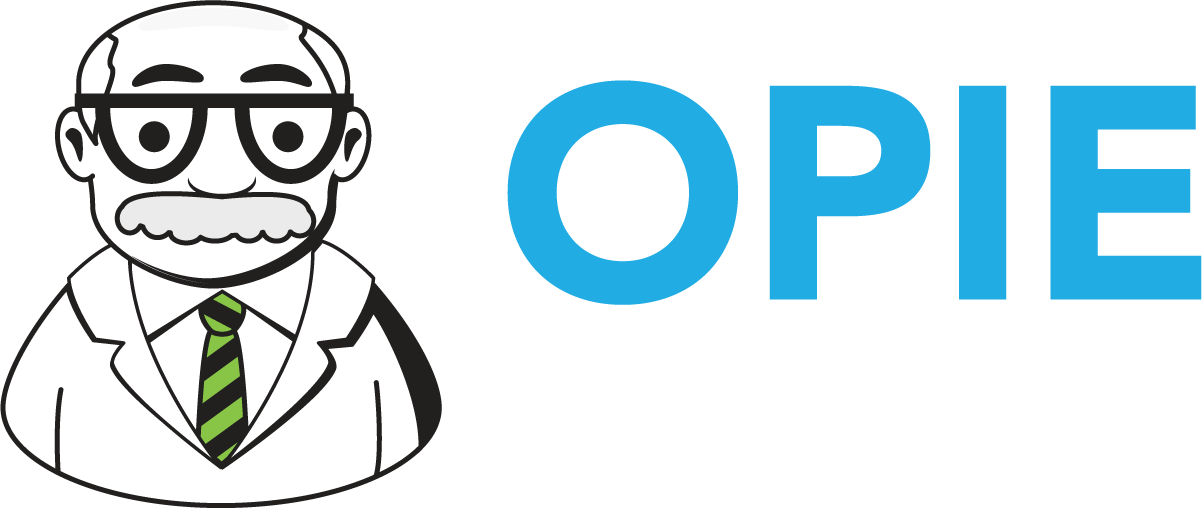The Danger of Mediocrity: Why “Good Enough” Will Sink Your Practice (Part 2)
In Part 1 of this series last week, I explored how mediocrity subtly seeps into clinic culture and why, as business owners and team leaders, we can’t afford to let it fester. Now, let’s talk about what it takes to escape that gravitational pull—and why both “hustle harder” and “work-life balance” mantras can be traps if misunderstood.
Our friend and business coach John Spence, in his powerful piece “On the Intolerance of Mediocrity,” makes a crucial point: “true excellence requires an intolerance for average outcomes.” That means having uncomfortable conversations, holding people (and yourself) accountable, and refusing to let systems or habits drag you down. This may sound harsh, but it isn’t about being a tyrant—it’s about protecting your mission and patients from slow-motion decline.
Intolerance for mediocrity isn’t about chasing perfection or driving your team to exhaustion. It’s an invitation to set a new baseline—where “really, really great work” is your norm, not a rare, heroic effort. When everyone expects and delivers high-quality results, your clinic becomes a place where both patients and team members thrive. Often, you’ll need to fix broken systems, not just push harder on people. Remember that process is arguably more critical to greatness than the people. Fostering consistent excellence is not about pushing harder for longer. It’s about building smart systems and setting clear expectations.
We can’t talk about mediocrity without addressing the elephant in the modern office: the endless debate over work-life balance.
I read a Wall Street Journal editorial a week or so ago entitled “Work-Life Balance Will Keep You Mediocre.” Of course I had to read that! The author argues that ambitious professionals should “front-load” their careers with intense hustle, long nights, and unapologetic sacrifice—pushing back against the idea that you can “have it all” early on. The writer credits this strategy with amassing financial freedom and outsized success before age 25.
The editorial may be considered “polarizing” (isn’t everything these days?). Critics point out that the formula doesn’t work for everyone, and that the health and relationship costs can be steep. Still, the core challenge is universal: “greatness is rarely achieved on autopilot or with efforts divided by distraction. If you want to do something exceptional—be it in a Fortune 500 company or your city’s busiest clinic—it takes outsized effort, choices, and some healthy obsession. Many early-career workers push back against the idea that relentless hustle should define their twenties, arguing for personal development and relationships. Executives and entrepreneurs, however, often praise the “front-loaded ambition” approach and view sacrifices as worth the long-term payoff.
As the owner or leader, your job is to define your culture through your hiring, your standards, your decisions. After all, who is in charge? Maintaining your standards for excellence does not make you a bad person. And If you don’t hold people accountable to your standards, who wi
What’s the Right “Plan of Care?”
In my experience, here are the truths that stand up to scrutiny:
Systems build greatness: Don’t chase heroic but unsustainable effort. Build repeatable, clear systems that set high standards and make excellence the norm.
Accountability is act one, not the finale: Start with clear expectations, regular feedback, and real consequences. When someone or something falls short—address it directly, compassionately, and fast.
Culture is king: Surround yourself with people who want to achieve, not just punch the clock. Reward true contributions, not just longevity or noise.
Define your “enough”: Decide, as a team, what minimum viable excellence looks like. It should stretch you but not break you.
Here’s your challenge for the month:
Hold a candid conversation with your team. Ask: where have we started accepting “good enough,” and why? (How does this compare with your observations from last week)
Pick one process (e.g., intake, documentation, patient follow-up) and set a standard so high that anything less feels weird.
- Celebrate improvements, but don’t let momentum breed complacency—iterate, audit, and get uncomfortable, again and again.
Remember: excellence isn’t a phase to “power through” in your 20s—it’s a habit for life. Let’s choose, every day, to lead practices where “just OK” care is never an option.

